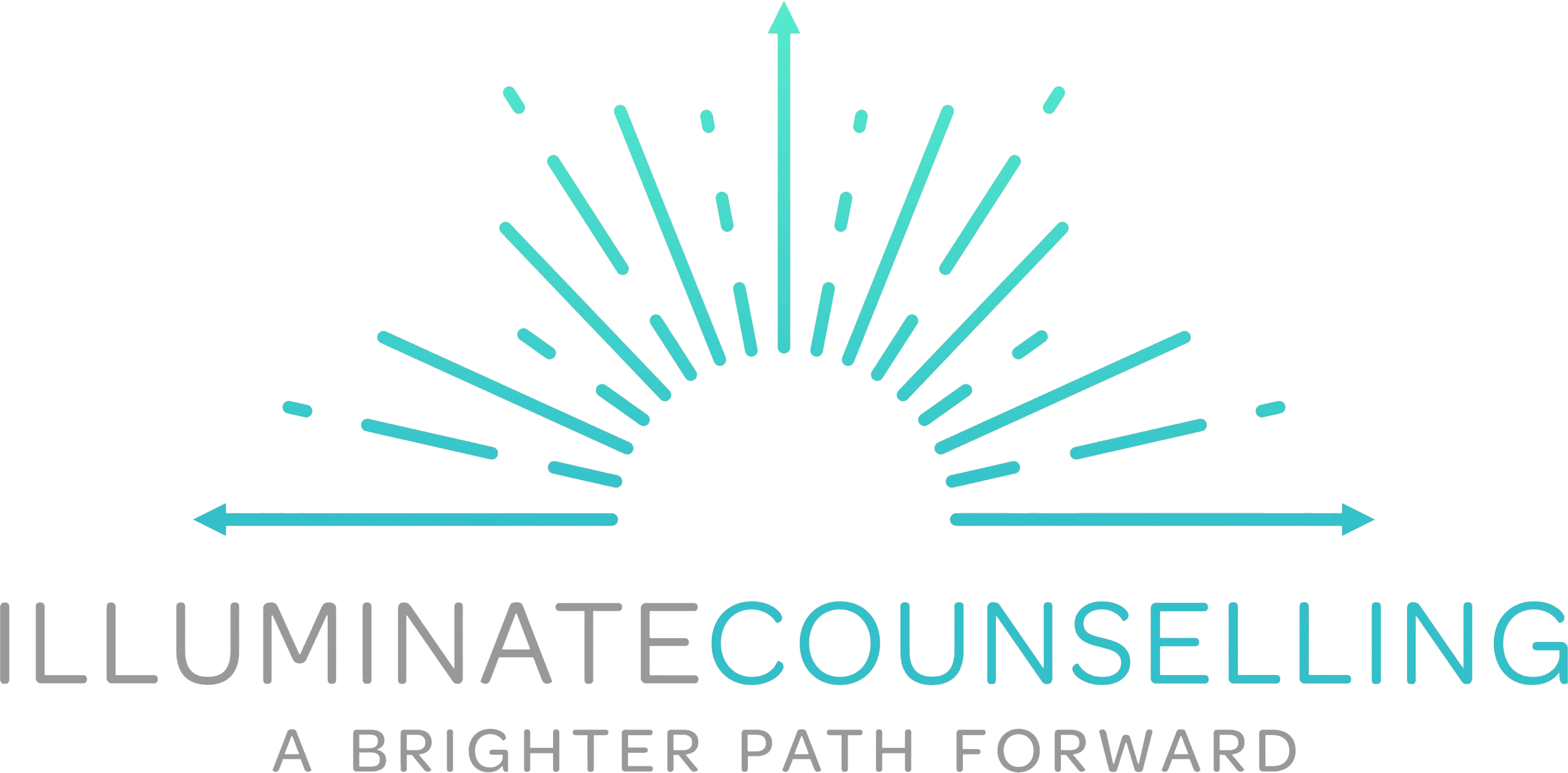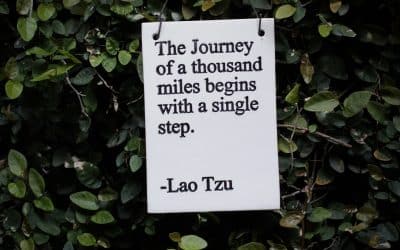Deciding whether to take the leap into marriage can be one of life’s most important decisions. It’s natural to feel a mix of emotions — excitement, anticipation, and also sometimes doubt and uncertainty. If you find yourself experience relationship doubt, or are trying to decide whether or not to get married, you’re not alone. Here are a few thoughts to help you make a decision that’s right for you.
Look At Your Relationship Dynamics
- Reflect on your compatibility: Think about your values, goals, and lifestyles. Are they for the most part aligned? Do most of your differences complement each other? Do you share a similar vision for the future?
- Think about your communication styles and conflict resolution: Healthy communication involves being able to move through conflicts (at least some of the time) constructively. Take a hard look on how you handle disagreements and challenges together. Are you able to effectively bring up things that bother you? How do you take feedback? Do you and your partner try to speak each other’s love languages? Do you repair after an argument? The answers to these questions can give you a sense of areas of growth that can increase relationship satisfaction.
- If so far reading this is adding to your doubts, ask yourself whether your relationship issues are set in stone. Even couples who have challenging relationship dynamics CAN change and learn new ways of communicating, so keep reading.
Talk to Your Partner about Your Relationship Doubts
- Share your concerns: Even though it can be hard to be honest about your doubts, this communication is crucial. It is only fair for you and your partner if they have a sense of how you’ve been feeling. Talk openly with your partner about your hesitations and where they may be coming from. This can help you both gain clarity and help you to move through this issue together.
- Listen to your partner’s perspective: Try to be curious about how your partner feels or is impacted by your doubts. Allow them to share their thoughts and feelings about marriage. Understanding each other’s perspectives can help you make a more informed decision – your partner may even have a way of looking at this next step that could be comforting or help you to feel more settled.
Understand the Source of Your Relationship Doubts
- Reflect on your feelings: Take some time to explore why you’re experiencing doubts. Is it related to your partner, the relationship dynamics, external pressures, or uncertainties about the future? Or is it potentially about marriage representing something personal, like a loss of freedom or autonomy?
- Consider past experiences: Think about past relationships or family dynamics that may be affecting your perceptions of marriage. For example, maybe your parents divorced and this has led you to see marriage a certain way. Or maybe you were in another relationship that you never felt closure around. In what ways could your past be informing thoughts about your future and adding to relationship doubt?
Clarify Your Expectations
- Define your priorities: What do you picture when you think about a shared life with your partner? Talk to them about expectations and hopes – including career, kids and family, finances, and lifestyle.
- Discuss roles and responsibilities: Clarify your roles within the relationship, and how decisions are made. Are you mostly aligned? Do you feel that you both have equitable power and control? Getting clear now can help reduces potential conflicts down the road and as well as the anxiety you may feel about the commitment of marriage.
- If you are mostly aligned, this may provide some relief, and if you are not, then it can help pave the way for an important discussion about whether or not marriage makes sense for you both.
Trust Your Instincts
- Listen to your gut: Ultimately, trust yourself to make the best decision for your future. Pay attention to your intuition and how you feel when envisioning a life with your partner.
- Acknowledge the difference between fear vs. intuition: Distinguishing between genuine concern and temporary fear is a crucial step. Sometimes, doubt can be a sign of caution, while other times, it may stem from temporary stress or anxiety. Pay attention to all of the different emotions that may be coming up for you, and consider what they may be trying to tell you.
Take Your Time in Exploring Relationship Doubts
- Consider delaying: If a wedding date has been set and is fast approaching, is it an option to delay, in order to remove any unnecessary pressure? Ask yourselves if now the right time for you, and whether external stressors (like family pressure) are influencing your decision-making process.
- Avoid rushing: Marriage is a significant commitment, so give yourself permission to take the time you need to make a thoughtful decision.
- Consider a trial period: If you’re still unsure, talk to your partner about the possibility of cancelling the wedding or engagement entirely, so that the two of you can get more clarity about how you feel and what you want. If you already live together, would you consider a trial of living apart to see what that feels like? If you live apart, perhaps a period of cohabitation would help you get more information about what life together could look like.
Remember that Relationship Uncertainty is Normal
- Embrace relationship ambivalence: It’s to be expected to have complicated feelings about such a big decision. If you can lean into this uncertainty as part of the human experience, then you may be able to better assess your situation and gain insight to guide your choice. Here’s a great article if you’d like to dive deeper into the world of relationship ambivalence.
- Be self-compassionate: Give yourself permission to change your mind or explore alternatives, which we know is really hard to do when this impacts another person or you don’t want to hurt them. Remember that your happiness and mental health is most important.
Seek Outside Perspectives
- Talk to trusted friends or family: This is a tricky one, as sometimes when people feel relationship doubt, the last thing they want to do is involve family or muddy the waters. But there comes a time to seek advice from people who know you well and have your best interests at heart. They may be able to share insights, observations, or perspectives that you haven’t considered. Sometimes family or trusted friends can help ‘hold up the mirror’ so that you can see your situation more clearly.
- Consider professional support: if you’re still unsure, couples counselling or individual therapy can provide a neutral space to explore your feelings and get more clarity on what is going on for you. This is a great option for those who have already talked to friends/family as well as those who want to leave them out of it. Counsellors can offer support and guide you better understand your self. Premarital counselling can also be a service for a couple to consider as one or both partners navigate relationship doubt.
Final Thoughts on Navigating Relationship Doubt
- Look at willingness: if you and your partner feel stuck, are you both willing to explore different options? Willingness is one of the greatest predictors of adaptability to change or grow.
- “Can someone else love them better?” This is a great quote that for some people really makes them stop and think. If the answer is “yes”, then maybe it’s time to let your partner go so that you can both experience the full love that you deserve. If the answer is “no”, then this may serve as a reminder that you want to be the one to love your partner and have some work to do to improve your relationship. If the answer is “I still don’t know…” then we encourage you keep investigating, either on your own or with the help of a counsellor who specializes in this work.
- Another great resource on this topic if you are still looking for more is Dr. Alexandra Solomon, a skilled couples counsellor, author, and podcaster (Reimagining Love) who works with relationship ambivalence.
We hope that this article has helped you think about your situation in a different way, or even given you some steps to take to get unstuck. By exploring your feelings, communicating openly, and evaluating your relationship dynamics, you can make an informed choice that aligns with your values and the life you are trying to build. Trust in yourself as well as in the strength of your relationship as you navigate this important milestone in your life journey. And if you need a bit of extra support, we can help find the right therapist to guide you through this challenging time.




